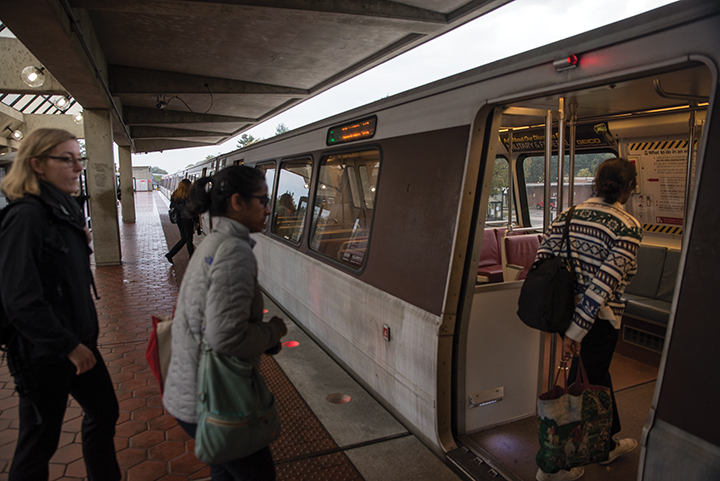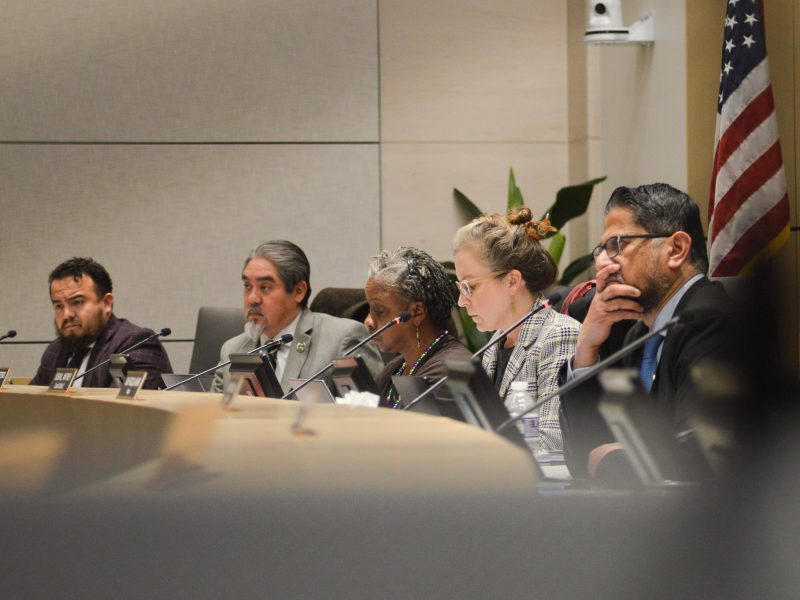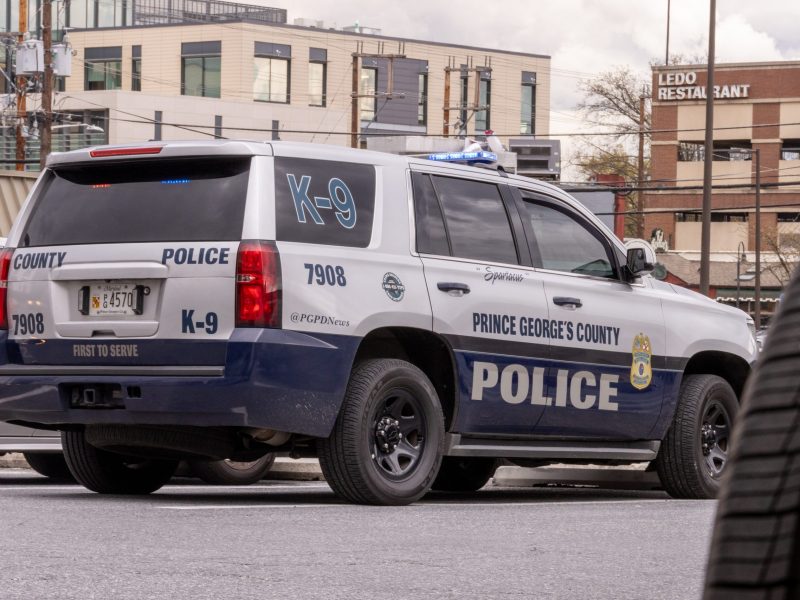The College Park City Council isn’t happy with proposed restrictions to the Metro.
The council sent a letter to the Washington Metropolitan Area Transit Authority board of directors chairman Jack Evans that opposes its proposed rail line restrictions, which shorten the rail system’s hours of operation and eliminate a bus route that goes to Baltimore-Washington International Thurgood Marshall Airport, College Park Mayor Patrick Wojahn said. Council members unanimously approved the letter Tuesday.
“The council tried to strike a balance because it recognizes that the Metro faces challenges maintaining its system when they stay open at night,” Wojahn said, adding that he’s concerned about service industry employees who live in College Park “who have no choice but to work at night.” Without Metro, they’ll have to take an Uber or a taxi, which are more expensive, he said.
The four proposals for cutting hours would go into effect next fiscal year and would reduce service by an additional eight hours each week. Service could end earlier than midnight, depending on the day. Those restrictions include ending service before and after midnight.
The time restrictions would be inconvenient for College Park residents who use the Metro to get to Washington for work, as well as those who use it for recreational activities, District 2 Councilman P.J. Brennan said at the meeting. WMATA previously asked riders to weigh in on its time restrictions, The Diamondback reported.
If the Metro closes at midnight or earlier, WMATA should “thoroughly explore” and consider moving forward with expanding its overnight bus services, Wojahn said.
“The future of College Park is heavily reliant on a transportation network that is functioning and thriving and used,” Brennan said. “Everything that we envision, from development to the new Purple Line, requires that our existing infrastructure is working up to a specific standard.”
The council also opposed WMATA’s elimination of the B30 bus, which runs from Greenbelt Station to BWI.
WMATA’s proposals are very concerning, and four other town councils sent letters expressing similar opposition to the restrictions, Brennan said.
“The B30 is an integral point of connectivity for people who live in the city to get to one of our major international airports,” Brennan said.
District 1 Councilwoman Christine Nagle was worried about the environmental impacts of the proposal to eliminate this bus, because more people would use cars to access the airport and to get to Washington.
“It’s going to cause more people in our area to get in their cars and drive up to the airport and cause additional congestion,” Wojahn said. WMATA proposed eliminating the B30 bus a few years back and did not go through with it due to opposition from the council, he added.
The MARC train goes to BWI airport, but it’s not as convenient for College Park residents, Wojahn said.
“It’s overall going to hurt the region,” he said.



